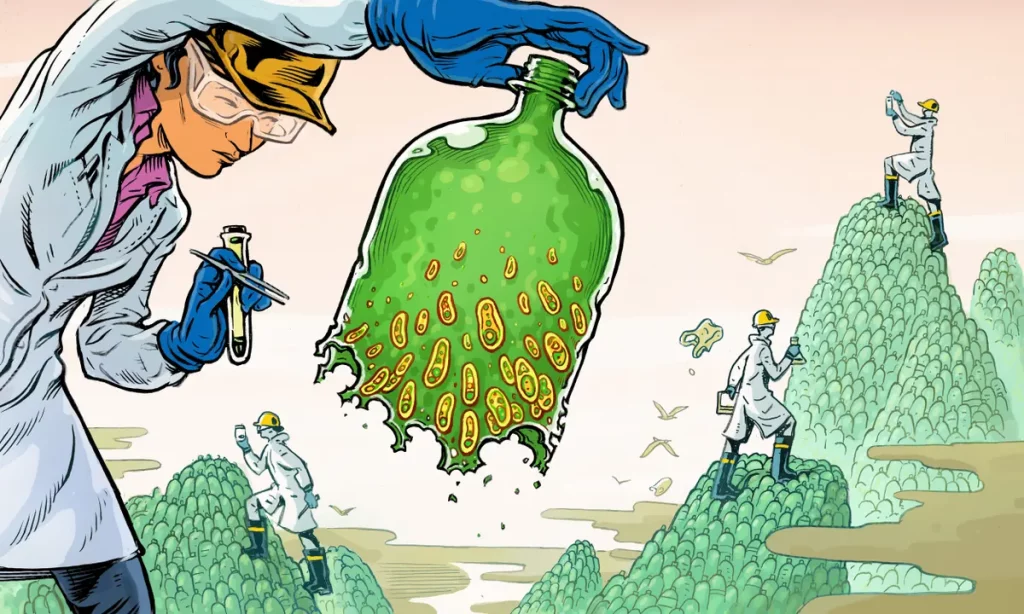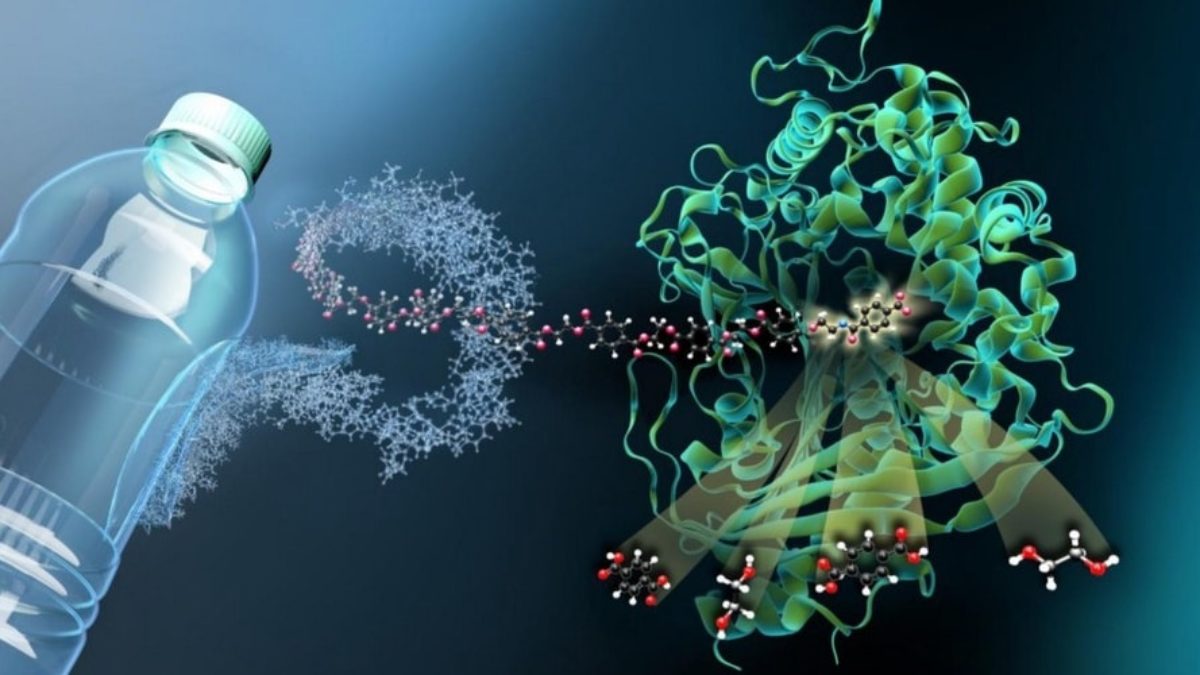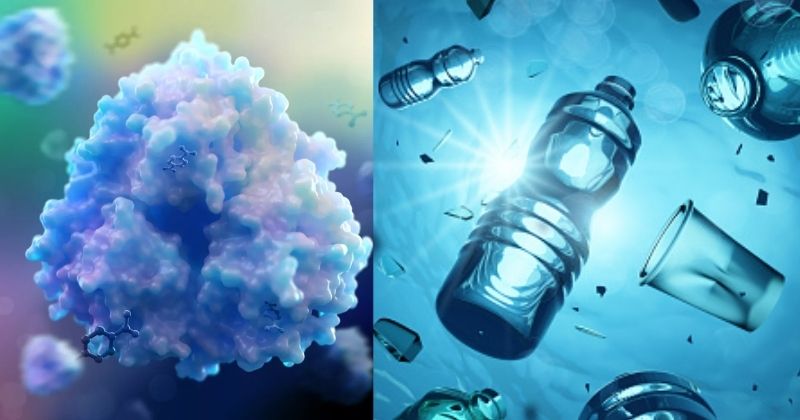
Discussion among scientists: the effectiveness of bacteria in plastic recycling
Scientists have developed a new type of polyurethane that is capable of self-decomposition, which can significantly reduce the problem of environmental pollution with this type of plastic. Polyurethane is widely used in the production of various products – from phone cases to sports shoes. But it is difficult to recycle and usually ends its life cycle in a landfill. Scientists’ new revolutionary solution represents a breakthrough in this area.
Progress in plastic research: bacteria, strength and global challenges
Using bacterial spores that can break down plastic, scientists have developed a new material that can self-destruct. Throughout the life of a product made from this new plastic, these spores remain dormant, only becoming activated when exposed to nutrients such as compost. The discovery suggests that we can Researcher Han Sol Kim from the University of California, San Diego, emphasizes the need to reduce plastic’s environmental impact on nature
Bacterial spores also improve the strength of plastic materials.
“Our method strengthens the materials, which extends their life,” explains John Pokorski, a participant in the project. “And at the end of its life, we can remove plastic from the environment, regardless of its disposal methods.”
At the moment, research on the development of plastic is being carried out at laboratory stages, however, according to scientists, the introduction of this technology could begin in a few years. Incorporated Bacillus subtilis bacteria plastic is widely used as dietary supplements and probiotics.
The bacteria need to be genetically modified to be capable of enduring extremely high temperatures required to produce plastic materials. However, not everyone is on board with the idea of using eco-friendly substitutes for traditional plastics Some scientists believe a more effective solution would be to simply reduce overall plastic consumption.

Canada has just concluded the penultimate stage of UN negotiations on a future plastics treaty, aimed at reaching a global agreement to combat pollution from the material. Professor Steve Fletcher, director of the Plastic Revolution Institute at the University of Portsmouth, stated that the most effective way to reduce plastic pollution is to establish a globally binding legal limit on plastic production.
“We must guard against making decisions that may give the false impression that the problem of plastic pollution can be easily solved, since most plastics released into the environment biodegrade quickly and safely,” he told the BBC. “However, this is only true for a small number of plastics.”
Ecological crisis: plastic waste and environmental impact
Every year, humanity produces huge amounts of plastic waste, which has a serious impact on the environment. Environmentalists estimate that the scale of this problem is staggering: in one year, so much plastic waste accumulates that its volume would be enough to circle the Earth four times. This debris often ends up in the seas and oceans, causing serious problems for marine life and ecosystems in general. Some types of plastic can take hundreds of years to decompose, polluting water, soil and air. Global initiatives and negotiations are aimed at reducing plastic production and developing biodegradable and more environmentally friendly alternatives. However, challenges remain significant, and efforts to manage and reduce plastic use require international coordination. An important step in this direction is public awareness of the problem and the search for innovative approaches to sustainable resource management and environmental protection.

The effects of plastic pollution are felt not only in marine and ocean ecosystems, but also on land. Plastic often accumulates in natural environments, making it difficult to access food and threatening the health of animals who may become confused or mistaken when trying to use it for food. As a result, organisms may suffer from starvation, dehydration, injury or poisoning. The problem of plastic waste also has an impact on human health. Microplastics, small particles that form when large pieces of plastic degrade, are found in drinking water, food and even the air, which can lead to harmful health effects. They can enter the body through the digestive system and even through the respiratory tract, causing concern among scientists and the public.
Solving the plastic waste problem requires the joint efforts of all stakeholders in society, including governments, industry, academic institutions and civil society organizations. There is a need to promote new technologies and waste management practices that will help reduce plastic use, recycle it and introduce more environmentally friendly alternatives to the market. Effective regulation and public education also play a key role in reducing the negative impact of plastic on our planet and the health of future generations.